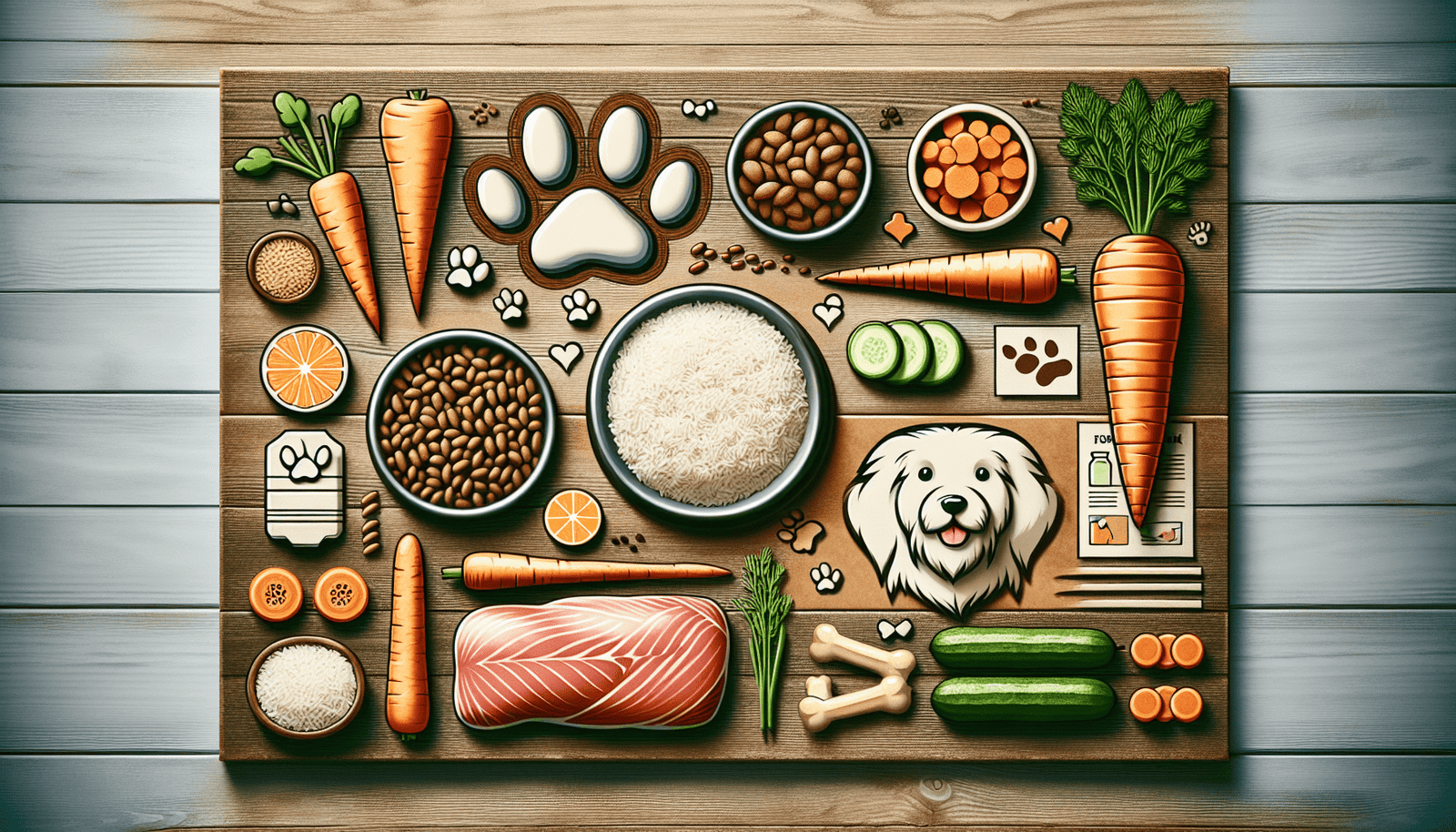Proper nutrition is essential for maintaining your dog's health and longevity. Understanding the fundamentals of dog nutrition can help you make informed decisions to ensure your furry friend receives a balanced diet. This guide covers the key components you need to consider.
Proteins: The Building Blocks
Proteins are crucial for your dog's overall health as they provide the essential amino acids needed for tissue growth and repair. High-quality animal proteins, such as chicken, beef, and fish, should be the cornerstone of your dog's diet. These sources are not only rich in proteins but also offer other essential nutrients.
Fats: Vital Energy Source
Fats are a concentrated energy source for dogs and are necessary for various bodily functions, including maintaining healthy skin and coat. Omega-3 and Omega-6 fatty acids, found in fish oil and flaxseed, are beneficial fats that support cognitive function and reduce inflammation. However, it's important to monitor fat intake to prevent unnecessary weight gain.
Carbohydrates: The Optional Energy
While dogs are primarily carnivores, carbohydrates can provide additional energy and fiber. Whole grains such as brown rice, oats, and barley are better choices compared to refined grains. Vegetables like sweet potatoes and peas are also excellent sources of fiber and vitamins, contributing to digestive health.
Vitamins and Minerals: The Micronutrient Puzzle
Vitamins and minerals are essential for various metabolic processes. They support everything from bone health to immune function. Calcium and phosphorus are crucial for strong bones and teeth, while vitamins like A, D, E, and B contribute to a robust immune system and overall vitality. Many commercial dog foods are fortified with these nutrients, but always check the label to ensure they meet the required standards.
Hydration: The Forgotten Essential
Water is perhaps the most vital component of your dog's diet. It aids in digestion, regulates body temperature, and facilitates nutrient absorption. Ensure your dog always has access to fresh, clean water to stay properly hydrated.
Tailoring the Diet to Your Dog’s Needs
Every dog is unique, with specific dietary requirements based on their age, size, breed, and health condition. Puppies, for instance, need more calories and nutrients for growth, while senior dogs might require fewer calories and specific nutrients to support joint health.
Consult with a veterinarian to tailor a diet plan that meets your dog's individual needs. Regular check-ups can also help monitor your dog's health and dietary effectiveness, allowing for adjustments as needed.
Avoiding Common Pitfalls
Avoid feeding your dog table scraps or foods that can be toxic, such as chocolate, onions, and grapes. These can lead to a host of health issues, from digestive distress to more severe consequences. Always introduce any dietary changes gradually to prevent digestive upset.
Conclusion
A well-balanced diet is key to ensuring your dog's health and happiness. By focusing on high-quality proteins, healthy fats, and appropriate levels of carbohydrates, along with essential vitamins and minerals, you can support your dog's wellbeing at every stage of life. Remember always to consult with a vet when making significant changes to your pet's diet, ensuring that you meet their specific nutritional needs.
